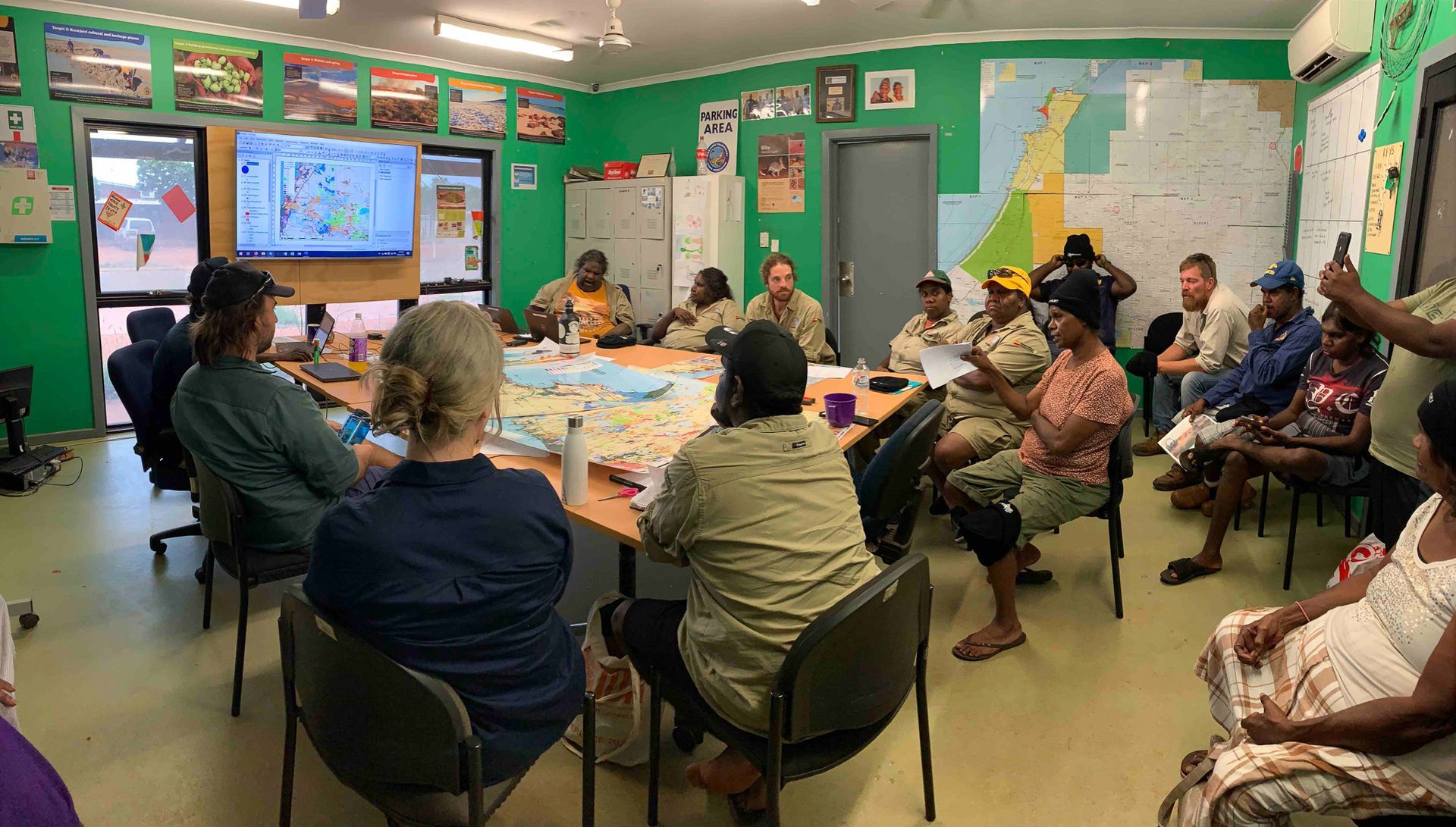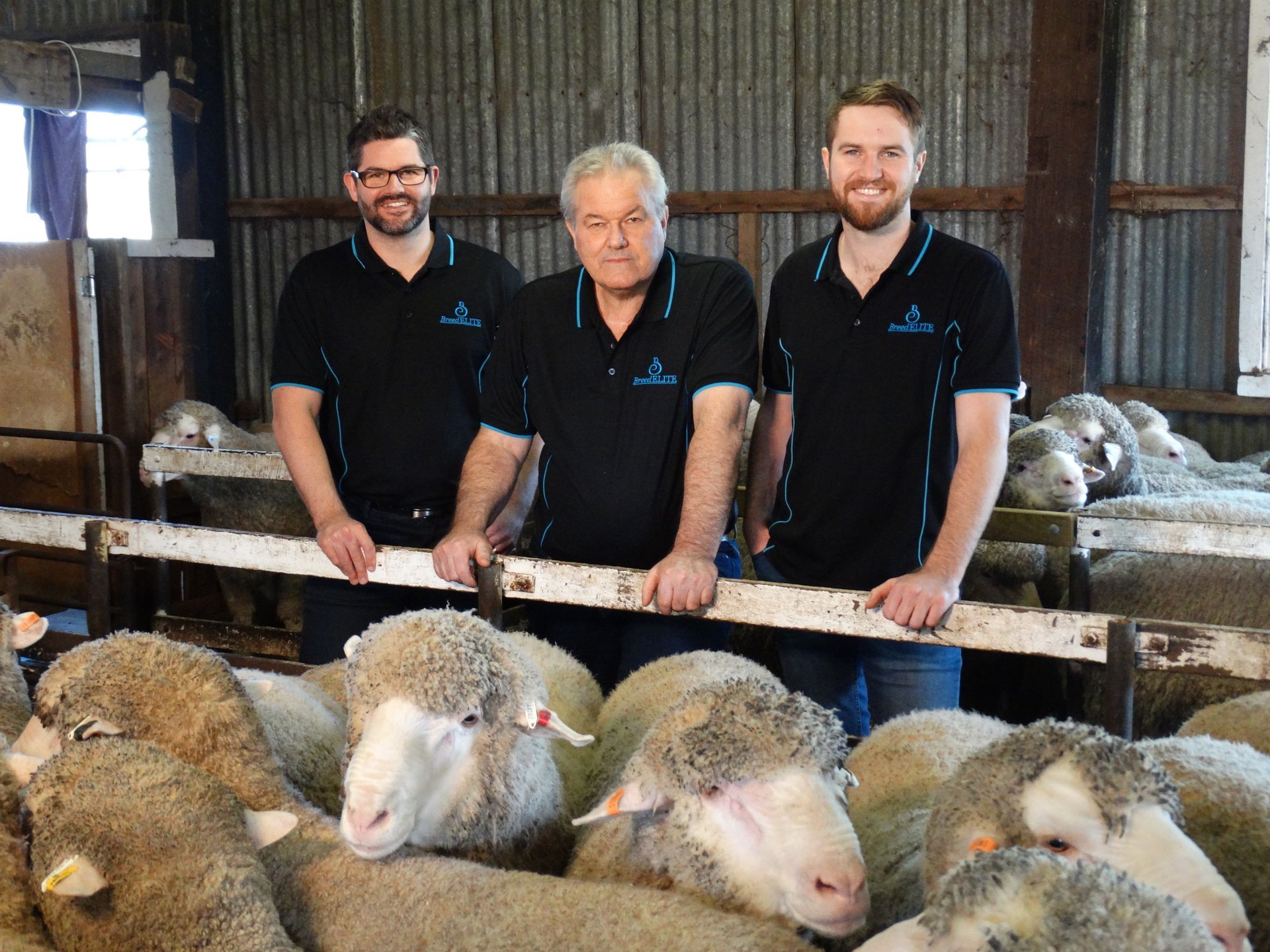Sarah Adam-Gedge is the Managing Director of Wipro Australia and New Zealand.
Australia, from Innovation Consumer to Innovation Exporter
Our ICT growth is key to our innovation leadership in the next 10 years.

Much of Australia’s economic performance this century has been underpinned by agricultural and mining commodities. These globally recognised traditional industries, driven by remarkable innovation advancements and extraordinary export success, have provided the nation the foundations for incredible growth. Yet despite a rich history of innovation feats and accolades in these sectors and others (i.e. the black box flight recorder, the electronic pacemaker, and Google Maps) Australia is rarely perceived as a nation of innovators.
In many ways, Australia’s innovation experience since the start of this century has been limited to an individual level – enterprising Aussies ravenous for solutions and finding their way. Indeed, world-class talent, capital, and infrastructure have all played a role, but contemplate “systemic innovation”, and countries such as Japan, the United States, South Korea, Israel, and Germany come to mind. The Global Innovation Index (World Intellectual Property Organization, 2021) lists all five, innovation being foundational to their national identity. South Korea, for example, spends 4.5 per cent (USD95.4 billion) of its Gross Domestic Product on R&D, with a historically “top-down” innovation system that promotes close collaboration between government, industry, and the academic community. This approach has helped the country transform into a global trailblazer when it comes to ICT exports, intelligent factories and farms, AI-powered IoT consumer products, and the data economy, and all in a span of 25 years.
In Australia, the COVID-19 pandemic has accelerated digital transformation beyond our imaginations. More and more businesses are now leveraging advanced digital technologies like AI and hyper-automation to increase flexibility, agility, and business resilience. These changing dynamics in combination with Australia's strong economic foundations - flourishing digital ecosystems, deployable capital, and outstanding infrastructure– place us in an excellent position to join the ranks of the world’s innovation leaders in the near future. Reflecting on Australia’s investor confidence, Venture Capital (VC) invested USD2.5 billion into start-ups between July 2020 and July 2021. Our “home-grown unicorns” such as Canva, Atlassian, and AfterPay are brilliant testaments to how Aussie innovation can be exported successfully. The fintech business models of this trio can offer much learning to our burgeoning agritech and mining technology sectors. Israel’s leverage of technology to dominate global agritech exports in smart irrigation and crop yield technologies was powered by big data analytics.
Australia will need to “double down” on policy-supported R&D spending across sectors such as defence, aerospace, healthcare, and telecommunications to stay ahead of the innovation race, catalysing robust but underfunded academic-led research. Simplifying the influx and allocation of VC will intensify intellectual property creation and scientific research output whilst incentivising commercialisation, and this may eventually shift government R&D investment to the profit-driven private sector. In addition, policy interventions proposed by the newly established Technology Council of Australia, based on a measurable framework that supports technological advancement, will align R&D and business communities. These interventions working in unison will help accelerate the pace of innovation in Australia, placing us on the front foot in addressing several nationally important challenges ahead.
A 10-year goal to achieve globally recognised ICT innovation and leadership will provide a much-needed roadmap for many Australian industries, and strengthen our resolve to be a world-class innovation exporter for the long-haul.











